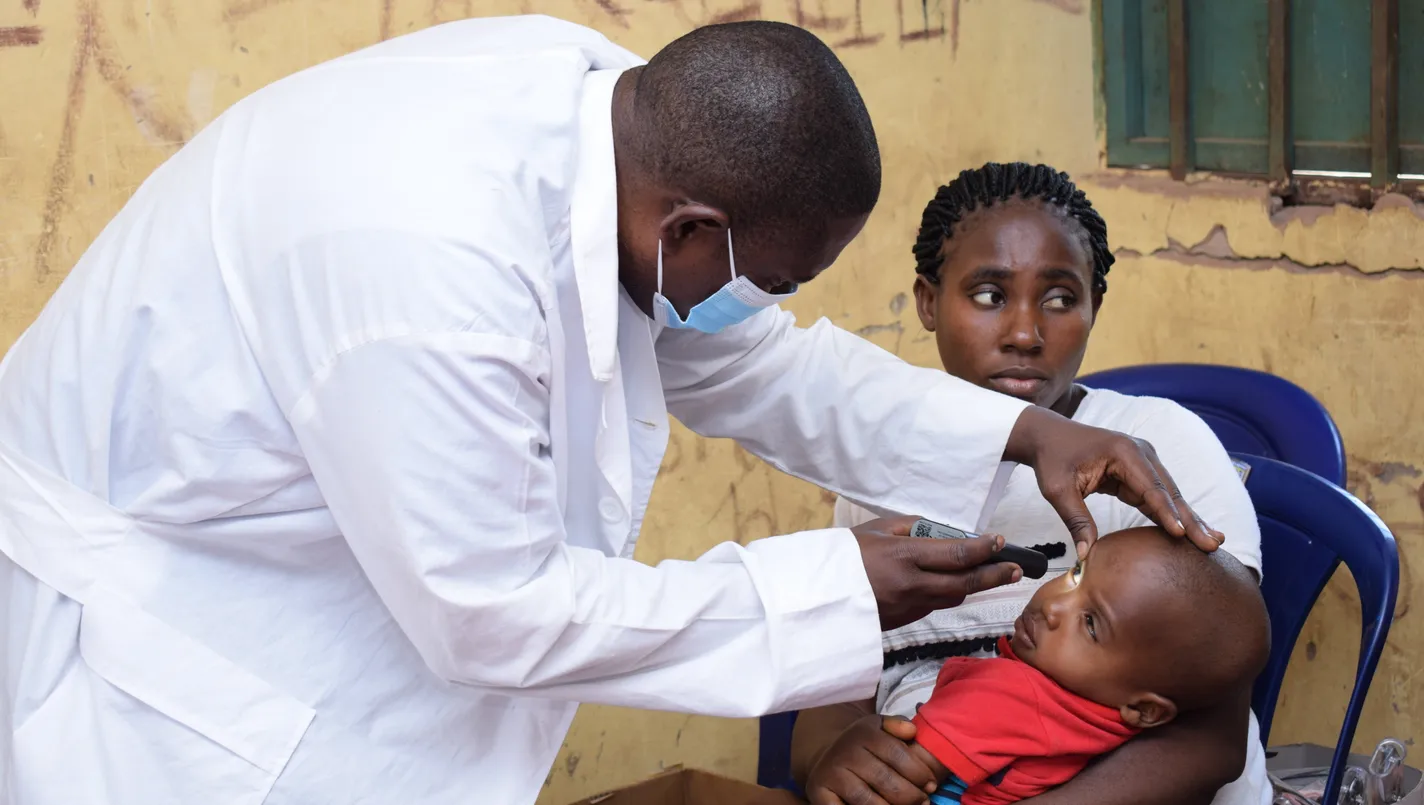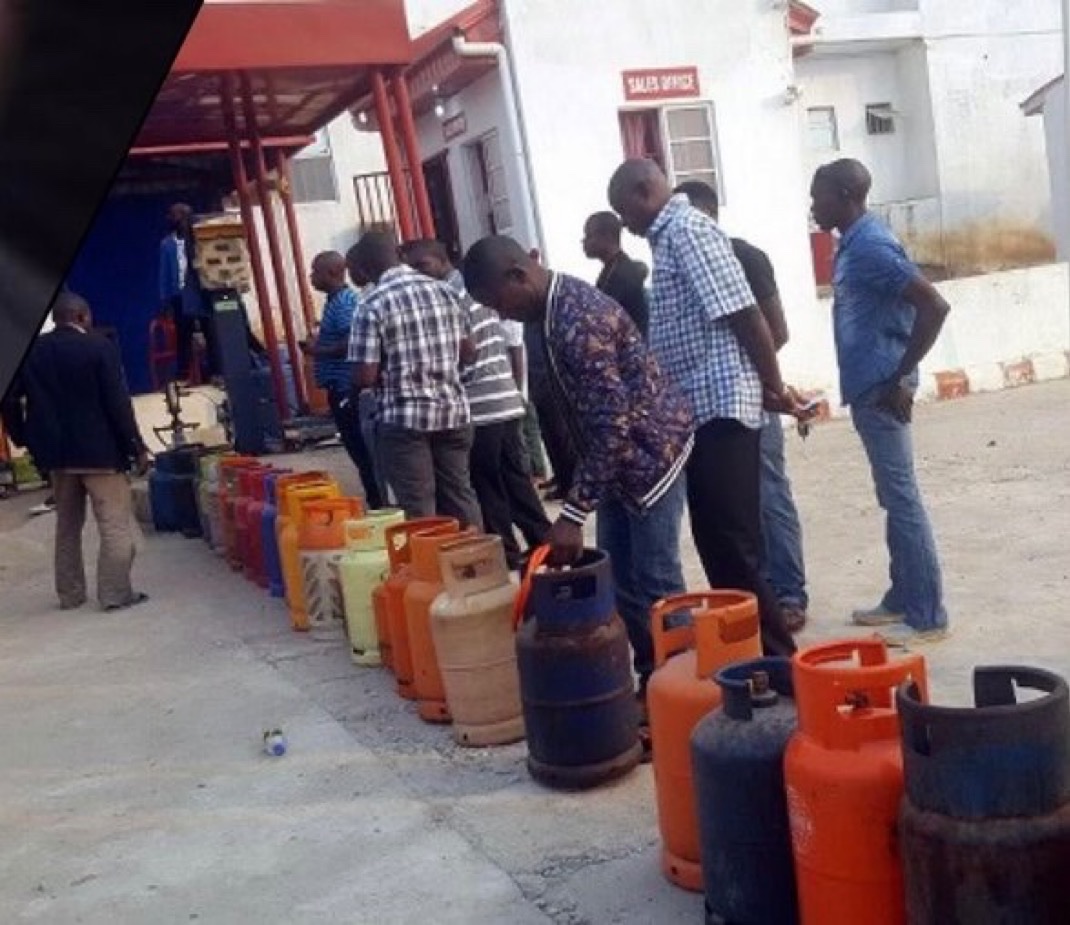In a significant move aimed at restoring confidence and stability within Nigeria’s healthcare system, the Federal Government has announced the immediate release of ₦11.995 billion (approximately $8.3 million) to clear the backlog of salaries and allowances owed to medical professionals across the country. This decisive action comes in response to growing agitation and industrial unrest among members of the National Association of Resident Doctors (NARD) and other healthcare workers, who have long lamented delays in salary payments and deteriorating working conditions.
Background: Mounting Tensions in the Health Sector
Over the past few months, Nigeria’s healthcare sector has faced mounting pressure as doctors and other medical professionals protested unpaid wages, poor infrastructure, and limited resources. The situation reached a critical point when resident doctors initiated nationwide strike actions, demanding that the government fulfill its promises and address the systemic challenges facing the medical workforce.
The strike, which disrupted healthcare services in several public hospitals, brought national attention to the plight of health workers who serve at the frontline of the country’s medical system. In response, the Federal Government pledged to resolve the payment issues within a stipulated timeframe and to strengthen the overall structure of the health sector.
The Federal Government’s Action Plan
According to official reports, the government has authorized the release of nearly ₦12 billion to settle the outstanding salary arrears and allowances of doctors and other affected health professionals. This payment covers adjustments related to the 25% to 35% salary increase under the Consolidated Medical Salary Structure (CONMESS) and Consolidated Health Salary Structure (CONHESS)—two frameworks that define the wage system for medical and allied health personnel.
The government also confirmed that an additional ₦21 billion has already been transferred into the Integrated Personnel and Payroll Information System (IPPIS) to facilitate prompt disbursement of salaries and ensure transparency in the payment process. By using IPPIS, the government aims to prevent payroll irregularities and ensure that all legitimate workers receive their dues without delay or manipulation.
Commitment to Health Sector Reforms
Beyond settling arrears, the Federal Government’s recent move forms part of a broader reform strategy to strengthen Nigeria’s healthcare delivery system. Officials have disclosed plans to recruit 15,000 new health workers in 2025, following the 20,000 recruits in 2024, to address the growing shortage of medical professionals caused by brain drain and the migration of skilled workers to foreign countries.
The government maintains that the fresh recruitment drive will not only fill existing gaps but also help relieve the burden on overworked medical personnel in public hospitals. Furthermore, it reflects the administration’s commitment to rebuilding public trust and creating a more resilient healthcare infrastructure.
Reactions from Stakeholders
The announcement has been met with cautious optimism among doctors, unions, and stakeholders in the health sector. The leadership of NARD, while welcoming the move, has emphasized the need for timely implementation and accountability. Many health professionals have expressed hope that this payment will finally bring an end to the cycle of delayed salaries and improve morale among medical practitioners.
However, analysts have cautioned that while clearing arrears is a positive step, sustainable reform requires a long-term approach that includes better funding, upgraded hospital facilities, and policies that discourage the exodus of skilled medical workers.
Health economists have also urged the government to prioritize budgetary allocations for healthcare delivery, noting that frequent strikes and salary delays undermine both productivity and patient care outcomes.
Broader Implications for the Health Sector
The release of ₦12 billion to settle outstanding wages marks a critical turning point in the government’s relationship with health workers. It signals an acknowledgment of their vital role in national development and the urgent need to retain skilled professionals within the country.
Moreover, this intervention is expected to stabilize the public health system, reduce the frequency of strikes, and improve the overall efficiency of healthcare service delivery. If fully implemented, it could also serve as a foundation for restoring faith in government institutions and demonstrating that responsive governance can address workers’ legitimate grievances.
The integration of salary payments through IPPIS also shows Nigeria’s increasing reliance on technology-driven governance to curb corruption and enhance transparency. Experts believe that consistent and efficient payment systems will discourage payroll fraud and ensure fair compensation across all levels of government employment.
Challenges Ahead
Despite the positive outlook, several challenges remain. Health experts argue that the payment of arrears alone cannot resolve the deep-rooted structural issues in the sector. Chronic under funding, outdated equipment, inadequate training, and poor working environments continue to drive thousands of Nigerian doctors abroad each year.
There are also concerns about the sustainability of the government’s promise, especially in light of fluctuating oil revenues and fiscal pressures. Without consistent funding and policy continuity, the risk of reverting to old patterns of delayed payments and strikes remains high.



